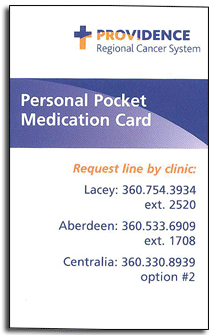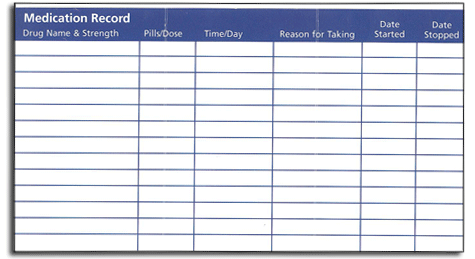Harmony and Hope: Free community event
 We constantly hear from our patients how important they feel it is to find enjoyment in the small things. Lynn Davidson, one of our guest bloggers, says, “Life and all those things contained therein don’t stop with the diagnosis of cancer. We have to continue on … celebrating birthdays, planning vacations, looking forward to the spring planting and ... making the hard decisions. Cancer isn't our lives - just a part of them.”
We constantly hear from our patients how important they feel it is to find enjoyment in the small things. Lynn Davidson, one of our guest bloggers, says, “Life and all those things contained therein don’t stop with the diagnosis of cancer. We have to continue on … celebrating birthdays, planning vacations, looking forward to the spring planting and ... making the hard decisions. Cancer isn't our lives - just a part of them.”
We’re excited to present “Harmony and Hope: A musical celebration to recognize our patients and their families.”
Together we can enjoy the music of internationally acclaimed Cape Breton fiddlers Andrea Beaton & Glenn Graham and Bagpiper Colin Gemmell. 
“We hope this night will be the first of many to come as we work to create an arts program that encourages our patients to interact with their care team and other patients on a non-medical level,” says Dr. James Lechner, medical director, Providence Regional Cancer System. “When people undergo treatment for a disease like cancer it’s incredibly beneficial to maintain a sense of self that doesn’t revolve around being a patient.”
The event is free and refreshments will be provided. And, if we're lucky, Dr. Lechner may even play his fiddle too!
Thursday, January 27, 6:30-8:30 p.m.
Providence Regional Cancer System and RadiantCare
4525 Third Avenue SE
Lacey, WA 98503
Get Directions
To RSVP, call 360.493.7768
For more information e-mail: Roy Olpin, PRCS Service Line Director
This event is brought to you by Providence Integrative Cancer Care, part of Providence Regional Cancer System and RadiantCare Radiant Oncology



 Providence Regional Cancer System
Providence Regional Cancer System




